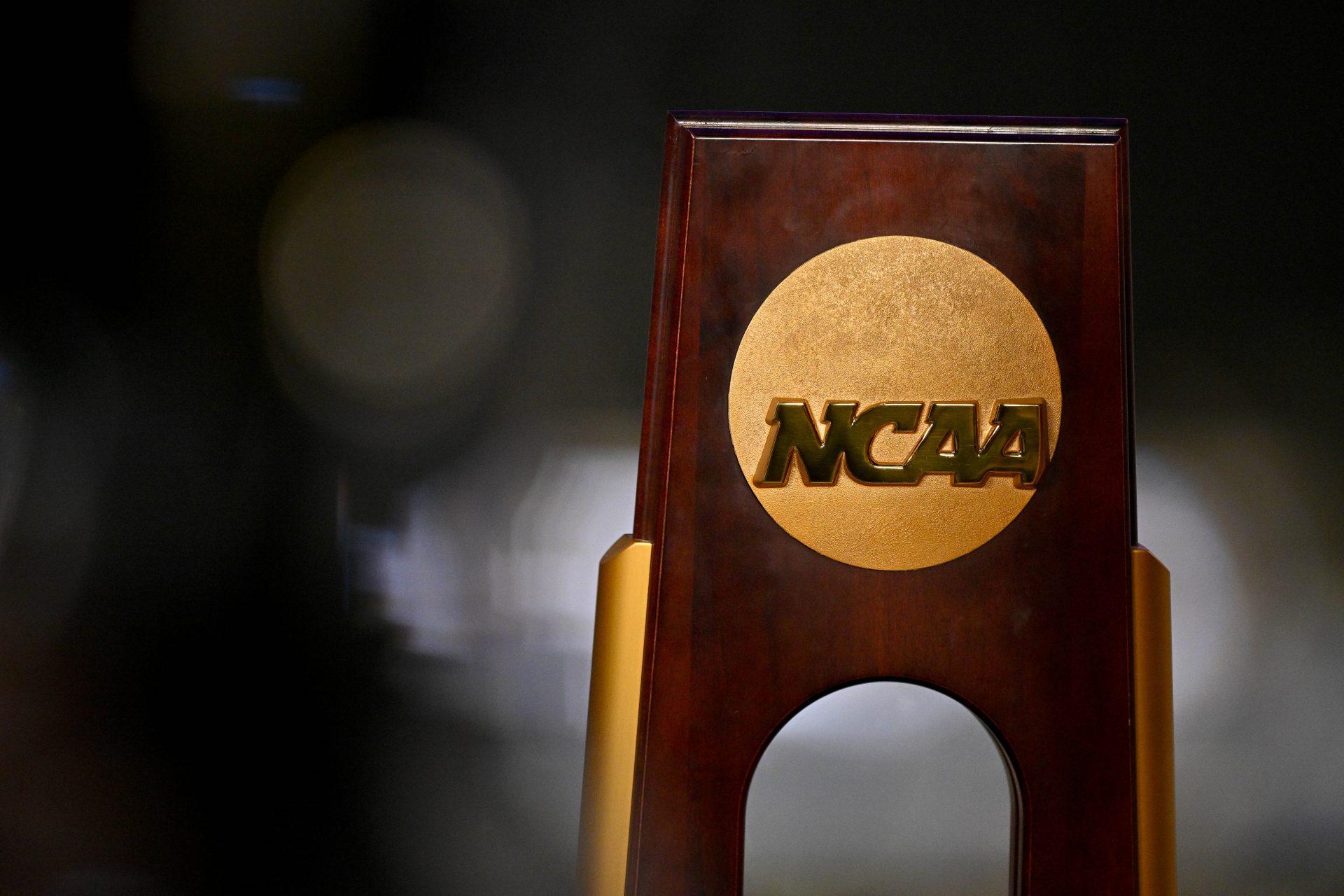Big changes could be headed to the college football world, including the implementation of a CEO, with the settlement of the House v. NCAA case expected this week.
The case, presided over by Judge Claudia Ann Wilken, could change the way college sports work, including removing the NCAA as the power in charge of enforcement, replacing the organization with a CEO to lead the new College Sports Commission.
The CEO would be in charge of handing out punishments and deciding when rules have been violated, sources told ESPN.
College Sports CEO Could Change NCAA Landscape
The CEO is expected to be hired shortly after the House settlement and picked by the Power 4 commissioners from the SEC, Big Ten, Big 12, and ACC, making them one of the most powerful people in college sports.
The hiring is already deep in the process and not expected to come from within college sports, sources told ESPN, but nothing can be done formally until Judge Wilken’s decision.
The House settlement would trigger a flurry of moves as college sports remakes itself. That includes a new CEO who sources say will make “final factual findings and determinations” in enforcement. A look at a key looming change post-settlement. https://t.co/KvmZXxeCGj
— Pete Thamel (@PeteThamel) May 20, 2025
“All the institutions are going to have new membership agreements that we’re all agreeing to these new rules,” an industry source familiar with the process told ESPN’s Pete Thamel. “The CEO is going to have responsibility to make sure everything is enforced and the governance model is sound.
“It’s a critically important role for the future of college sports and college football.”
The CEO is expected to report to a board that will include the Power 4 commissioners and be in charge of running the systems put in place. ESPN reported that organizations are lined up to handle salary cap management and name, image, and likeness. The NCAA will still deal with issues like academics and eligibility.
The CEO’s power will hinge on schools agreeing they’d follow the rules, but initial documents — still in the draft stage — say they will make “final factual findings and determinations” on rule violations and “impose such fines, penalties or other sanctions as appropriate,” according to ESPN.
Schools would have to accept the rulings as final unless they choose to go through an arbitration process.
KEEP READING: Journalist Calls Out NCAA’s Paper-Thin Promises Driving College Sports’ Latest Overhaul
“It all starts with enforcement, and I’ve said this for a long time, ‘Until we have an enforcement arm put into place, we’re always going to be working sideways,'” Ohio State coach Ryan Day told ESPN on the “College GameDay” podcast.
“I feel like before we set a rule, before we do anything, we have to put a structure in place where we can enforce rules on and off the field.”
The new committee and CEO are expected to have an expedited timeline on making decisions.
College Sports Network has you covered with the latest news, analysis, insights, and trending stories in college football, men’s college basketball, women’s college basketball, and college baseball!


